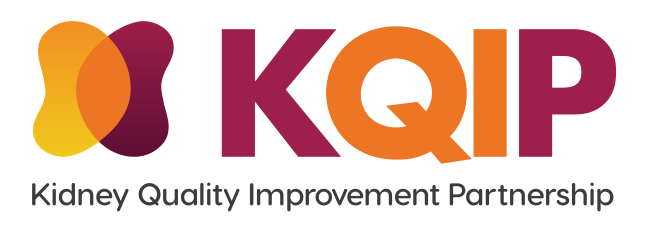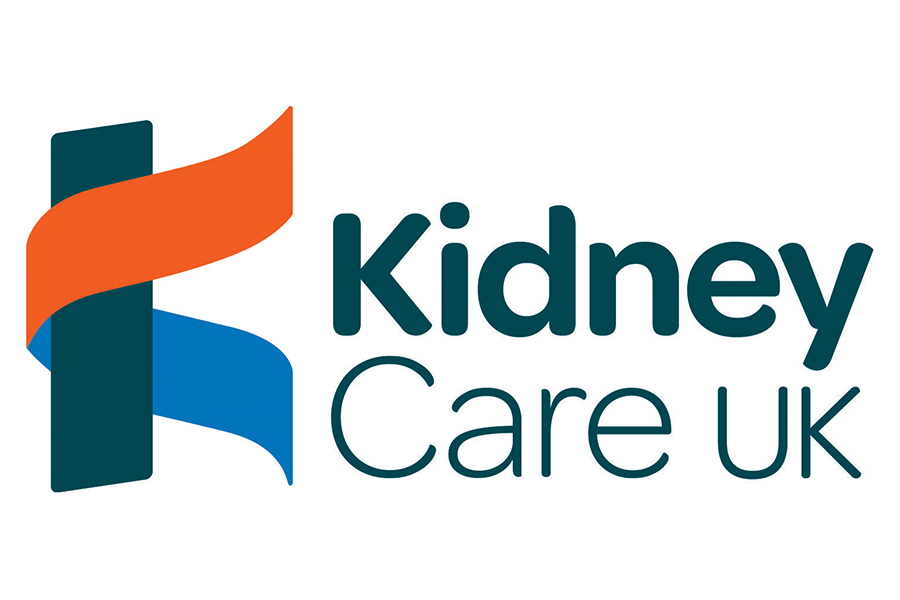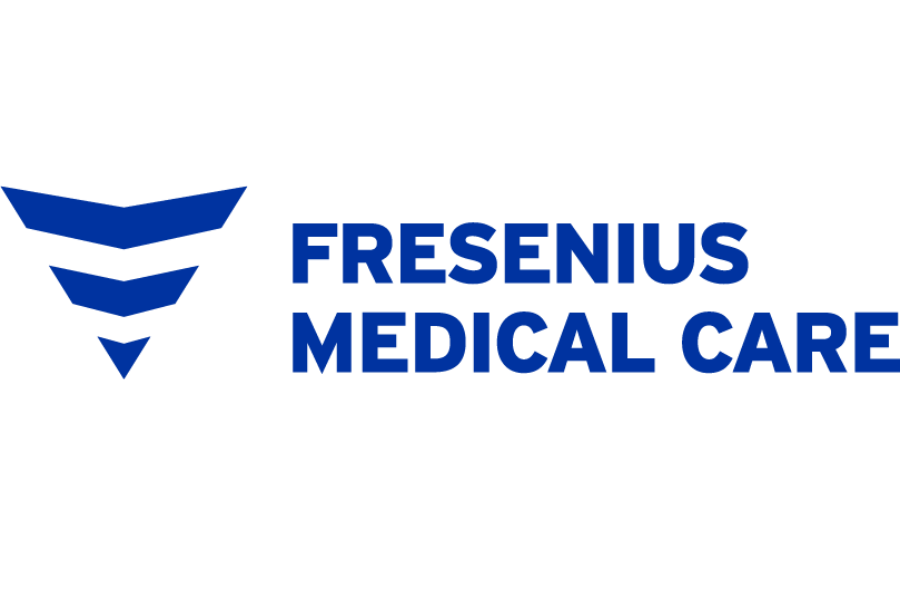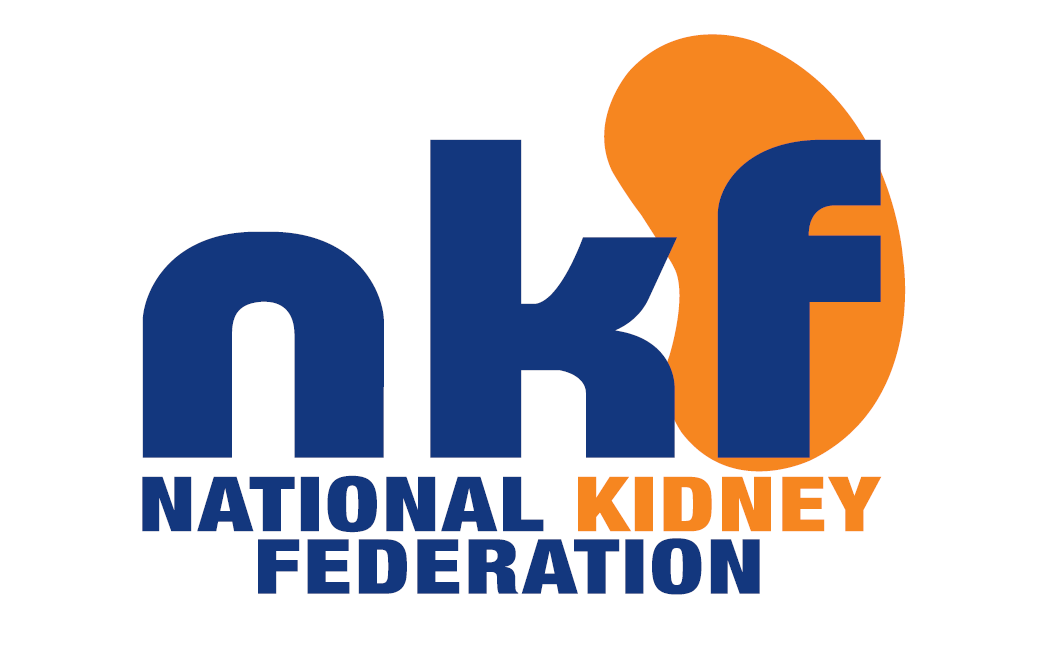Implementing a living kidney donor one-stop clinic
The Thames Valley Transplant First KQuIP project
The context
About 100 patients a year receive a kidney transplant at Churchill Hospital in Oxford, and the region served stretches between Swindon in the south, Gloucester in the west, High Wycombe in the east and Banbury in the north. The living donor team see from 250-300 potential donors a year, and in the year 2019/2020 performed 53 living kidney transplants.
The challenge
The team found that the old pathway of waiting for an appointment with a living donor co-ordinator, attending the assessment clinic, crossmatching and work-up was taking around 12 weeks in total, and further delays were caused by those who did not attend (DNA), and the availability of testing and interpreters when required.
The change
The Oxford-based transplant nurses have begun running assessment seminars for potential living kidney donors. In the new pathway, donors complete a donor questionnaire prior to the seminar and their GP patient summary is obtained.
One coordinator presents at the living donor seminar for all donors and their recipients as a group. They have virtual crossmatches, and unlike previous crossmatches, there is no limit to the number of virtual crossmatches that can be processed. Coordinators then see the donors for a history taking consultation. Due to the work carried out in advance, the coordinator already has the background and past medical history of the donor. Any donors requiring an interpreter have a one to one initial assessment.
The learning
The team discovered through donor screening that there were 15 donors who would have been booked into appointments who were unsuitable or may not have attended. This has resulted in more efficient time management for the transplant coordinators, saving nine hours of initial assessment clinic time per week (per team).
Another benefit of the intervention has been that the doctors, nurses and HCA’s also attend the living donor seminars on a weekly basis and are improving their understanding of the living donor process.
Donor feedback has been excellent – they report that they prefer the group setting, and feel “less alone”. Lots of questions were asked by people that others may not have thought of. It is also more convenient for donors who come forward at different time periods, due to work or location etc, as not all donors have to attend at the same time.
The outcome
Post-COVID-19, the seminars continue, and there have been no DNAs. The team have used the saved working hours to enable the living donor coordinators to take over all annual follow up appointments for donors post-donation. These appointments were previously done by the nephrologists.
With approximately 300 donors that need follow up each year, this has been quite a big achievement! An added benefit of this is that data collection for NHSBT is now more accurate as the nurses know exactly who has been seen and who hasn’t.
The hope is that this will lead to less donors being “lost to follow up” in the long term.



